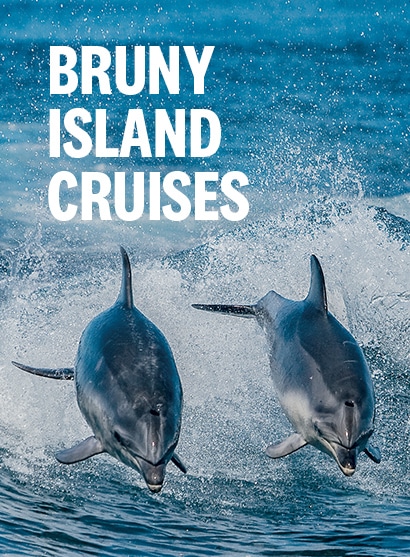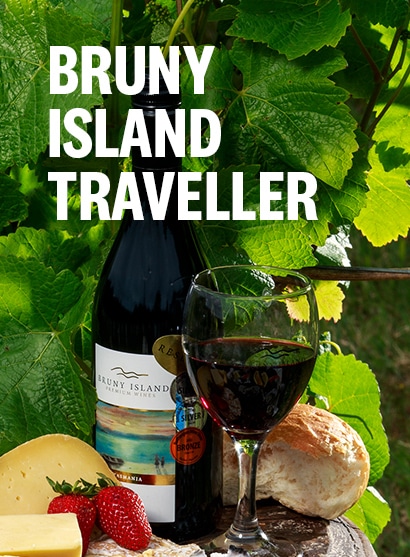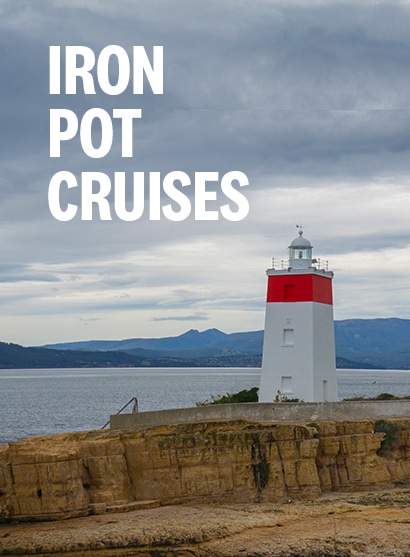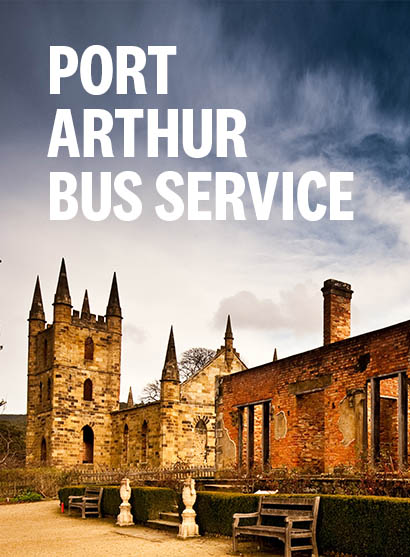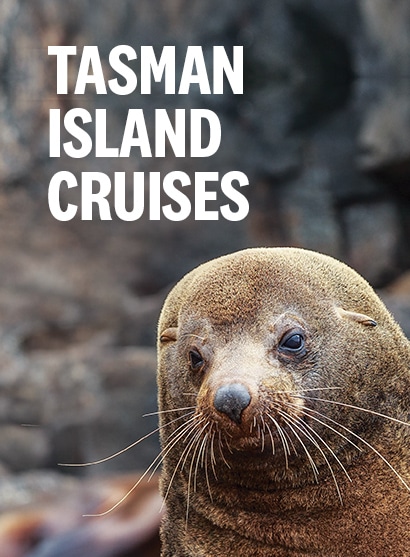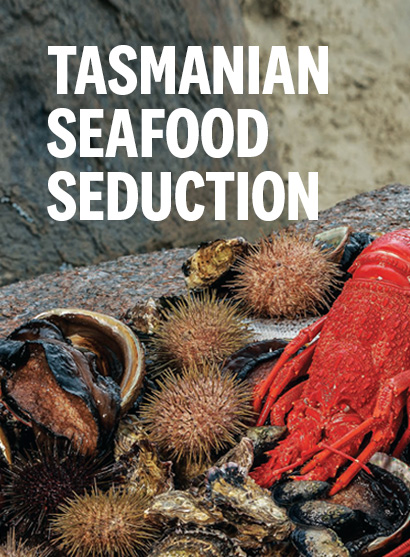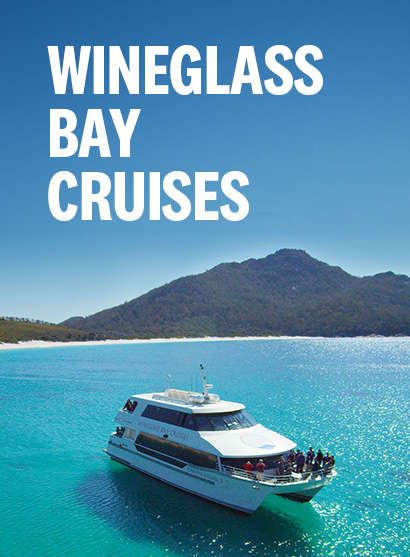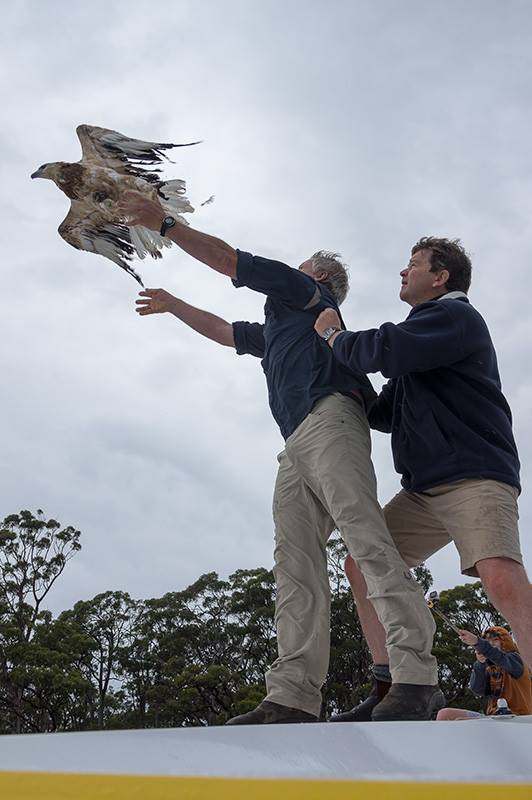We're protecting the environment for future generations
Our Mission is to operate a visitor focussed business of world class quality that reveals the splendour and wonders of this special place we call home. We strive to educate and excite all who visit and create a legacy of conservation to preserve the places we love for future generations. Our ultimate aim is to use our financial success to reinvest in the local community and the environment that we live and work in.
As a business that showcases the natural environment, Pennicott Wilderness Journeys works hard to minimise its environmental footprint. All of our tours are 100% carbon offset and our energy use, water consumption and waste output are measured through the internationally recognised EarthCheck system. Pennicott Wilderness Journeys consistently exceeds EarthCheck's global best practice level across all indicators.
All of Pennicott Wilderness Journeys products have achieved Advanced Ecotourism certification. The ECO certification program assures travellers that certified products are backed by a strong, well-managed commitment to sustainable practices. The accreditation recognises high-quality nature-based tourism experiences with strong interpretation values, commitment to nature conservation and helping local communities.
This page outlines some of the key initiatives and programs we undertake.

100% Carbon Offset
We offset our carbon emissions through Greenfleet and Greening Australia.
Since 2021 our contributions have supported Greenfleet's Glendalough revegetation project on Boon Wurring Country in the South Gippsland area of Victoria. This revegetation project provides habitat for wildlife species including native birds, koalas, Strzelecki Burrowing Crayfish, Giant Gippsland Earthworm, Glossy Black Cockatoo, Swift Parrot and the Leadbeater Possum. These plantings improve biodiversity and they are legally protected for 100 years ensuring this critical habitat is maintained for the long term. You can find out more about this project here.
In previous years Pennicott Wilderness Journeys has proudly supported Greening Australia's Tasmania Island Ark biodiversity restoration project in Tasmania's midlands. Our contributions have helped Greening Australia to plant over 200,000 trees. Invasive plant species were removed and replaced with natives. The plantings not only store carbon, they improve biodiversity and link critical habitat to allow birds, bandicoots, bettongs and other wildlife to move across the landscape.
If you would like to offset the carbon emissions of your holiday, household or business there are a number of carbon offset providers that offer this service including Greenfleet.
Restoring Island Ecosystems
The business is proud to support important island restoration projects across Tasmania's islands.
Tasman Island - The first of these was undertaken on Tasman Island in 2010, where a population of feral cats were eradicated. The island is home to Australia's largest colony of Fairy Prions and cats were killing around 50,000 seabirds per year. This project has been declared a success and is now in a monitoring phase. Results have shown that Fairy Prion and Shearwater numbers have increased remarkably and some bird species not seen on the island for decades are returning, such as the Lewin's Rail.
Big Green Island - The Pennicott Foundation also provided funding for the restoration of Big Green Island. Big Green Island is a 125 ha island located off the coast of Flinders Island. Big Green Island is a nature reserve with high biodiversity values and supports significant breeding colonies of Cape Barren Geese, shorebirds and seabirds. In the 19th century black rats arrived on the island surviving severe drought and numerous baiting cycles. Rats continue to compromise the island’s biodiversity values and impact on the breeding success of seabirds. The project eradicated the rat population to restore the island’s natural values and allow native species to thrive.
George Rocks - George Rocks is a small Nature Reserve east of Mt. William National Park. The area was an important breeding site for at least 10 species of seabirds, including the white-faced storm petrel and common diving petrel. Since the 1980s, two significant invasive species, the black rat and mirror bush, made the islands uninhabitable for several seabird species. In 2021 the Pennicott Foundation supported a program to successfully eradicate black rats, in partnership with Biosecurity Tasmania, the Parks and Wildlife Service, Wildcare group, and Friends of Fisher Island. The George Rocks Nature Reserve is now considered to be rat-free with signs of seabirds returning.
Maatsuyker Island - The Friends of Maatsuyker Island Wildcare Weed Control Program began in 2004 to prevent significant impacts of weeks on Maatsuyker Island. The long-term Weed Control Program is vital for ongoing restoration and maintenance of vegetation and seabird habitat values on Maatsuyker Island. Weed invasion can alter the structure of the island’s unique vegetation and suitability of breeding habitat for important burrow-nest seabird populations including the short-tailed shearwater. A Shearwater Monitoring program runs concurrently and complementary with the Weed Control program and includes monitoring shearwater re-colonisation of area previously infested with weeds. Since 2018, the Pennicott Foundation has supported these important programs.
Bass Strait Islands - The Pennicott Foundation is proud to financially support the Friends of Bass Strait to assist the weed eradication efforts across multiple islands, including Sentinel, Roydon, South Pasco, Chalky and Fisher islands. These islands are all important habitats for breeding seabirds and it is vital to conserve their natural values and ecosystems.
Bruny Island – The Pennicott Foundation contributes funding for the Bruny IslandQuarantine Station weed control program covering the Station’s reserve bush area and heritage precinct.
Protecting our Wildlife
We are also involved in supporting important wildlife conservation programs. These include:
Marine Conservation Program - Pennicott Wilderness Journeys crew genuinely care about the wildlife that call our waters home. Our crew are sensitive around wildlife and assist conservation by reporting sightings to the Marine Conservation Program. Over the years our crew have been involved in wildlife monitoring, rescues, rehabilitation and monitoring.
Bonorong Wildlife Rescue - Pennicott Wilderness Journeys and the Pennicott Foundation have been long time supporters of the Bonorong Wildlife Rescue Program including providing funding support for its hospital expansion.
Tasmanian Albatross Fund - the Tasmanian Albatross Fund has been established within the Pennicott Foundation to support the ongoing monitoring and preservation of Tasmania's breeding colonies of shy albatross.
Fleshy-footed Shearwaters - the Pennicott Foundation has funded research by the University of Tasmania into ensuring the long-term resilience of Australia's vulnerable population of fleshy-footed shearwaters.
Save the Tasmanian Devil Program Appeal - the Pennicott Foundation has contributed directly to the important efforts to vaccinate devils against the deadly facial tumour disease.
Raptor & Wildlife Refuge of Tasmania - Pennicott Wilderness Journeys has been a long-standing financial supporter of Craig Webb and his team of volunteers at the Raptor & Wildlife Refuge. On a number of occasions our vessels have been used to release rehabilitated sea eagles and other birdlife.
Cleaning Up Marine Debris
Pennicott Wilderness Journeys and the Pennicott Foundation also support a number of coastal cleanups.
South West Marine Debris Cleanup - we are a major sponsor of the annual Coastal Cleanup along the remote beaches of Tasmania's southern coast. The cleanup team has now collected over 895,684 pieces of rubbish and debris from these waters. Individuals and students from primary schools across Australia followed the journey online through their blog posts taken by the volunteers. This is just one of the many real world conservation/education partnerships supported by the Pennicott Foundation. Check out their blog.
During our Tours - as we cruise the waters of southern Tasmania, our team regularly encounter rubbish and floating debris ranging in size from small bits of rubbish right through to large plastic equipment and huge lengths of rope. We always endeavour to pickup rubish when we can during our tours.


